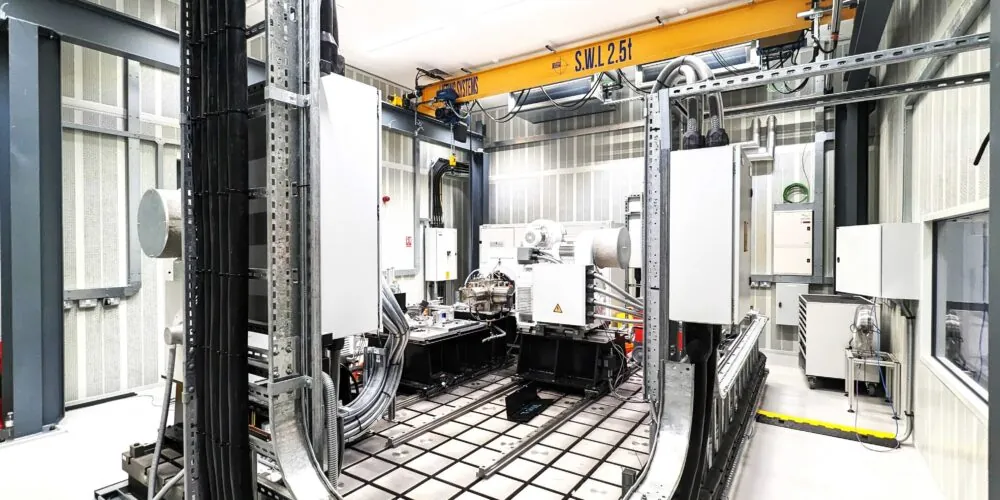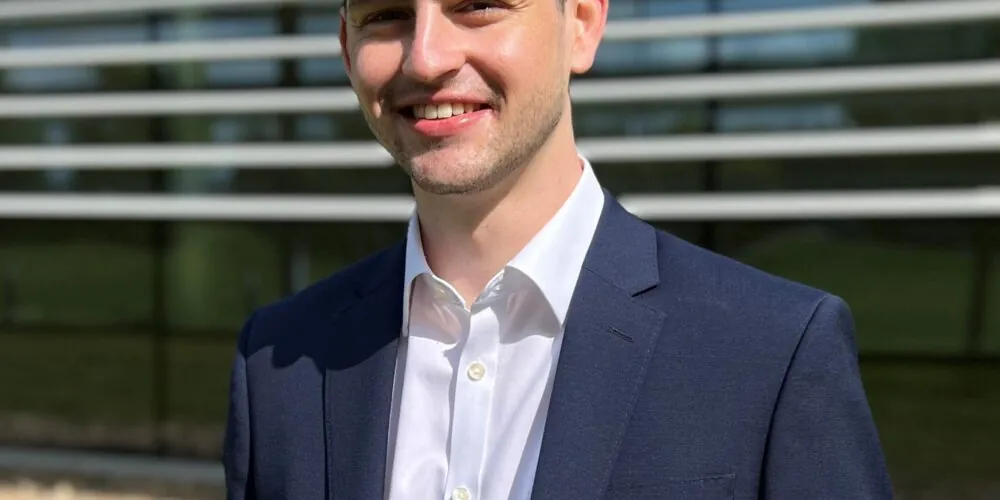Williams Grand Prix Holdings PLC (WGPH, Ticker: WGF1) today announced the Group’s interim results for the six months to 30 June 2016. WGPH is the holding company of the Williams group of companies, which includes Williams Grand Prix Engineering Limited.
Group revenue grew to £80.0m for the period, compared to £63.1m in the same period in 2015. EBITDA improved from a loss of £1.4m in 2015 to a profit of £7.8m in 2016. The Group generated operating free cash flow of £13.0m for the six-month period (2015: £7.0m).
The Formula One business generated revenues of £51.3m (2015: £51.4m), with an EBITDA of £4.1m (2015: £1.6m). WAE generated revenues of £20.6m (2015: £10.8m) with an EBITDA profit of £3.5m (2015: £0.1m).
Mike O’Driscoll, Group Chief Executive Officer, said; “These financial results show strong progress across the Williams Group and continue to validate the approaches we have taken to achieve our core long-term objectives of building a championship-contending Formula One team and profitable advanced engineering business.
“WAE’s strong growth in revenue and EBITDA is particularly encouraging. During 2015 there was a determined focus to develop the customer base, and diversify into new markets such as defence and health. We began this year with more than 40 projects underway, many of which are long term contracts, and the team is now firmly focused on successfully delivering this work, and building the foundation for a strong and profitable future.
“The Formula One business generated an EBITDA profit of £4.1m for the first half of the year, with the increased year-over-year profit due to a non-recurring sponsorship payment. After finishing a strong third in the Constructors’ Championship the past two seasons, and out-performing teams with much larger budgets, the team is in fourth place in this year’s Championship. The evolving Formula One regulations dictate a significant change in car design for the 2017 season, which we embrace enthusiastically as an opportunity to make a step forward in our track performance.
“There are headwinds that we must face in the second half of 2016 and into 2017, notably the increased costs that are incurred during a period of regulatory change in the sport, and predicted uncertainty in many world economies, and this will impact our near term results.”






